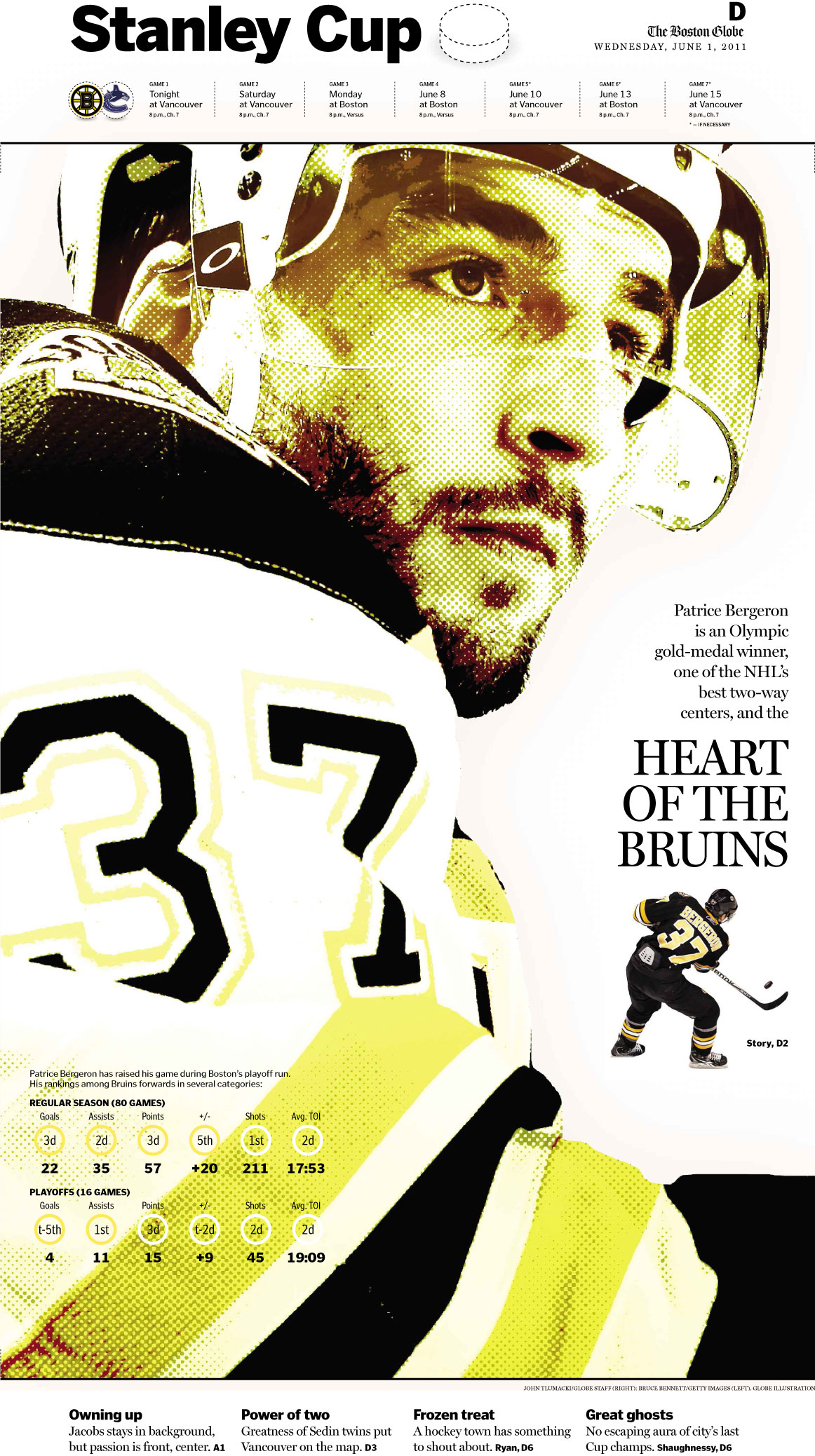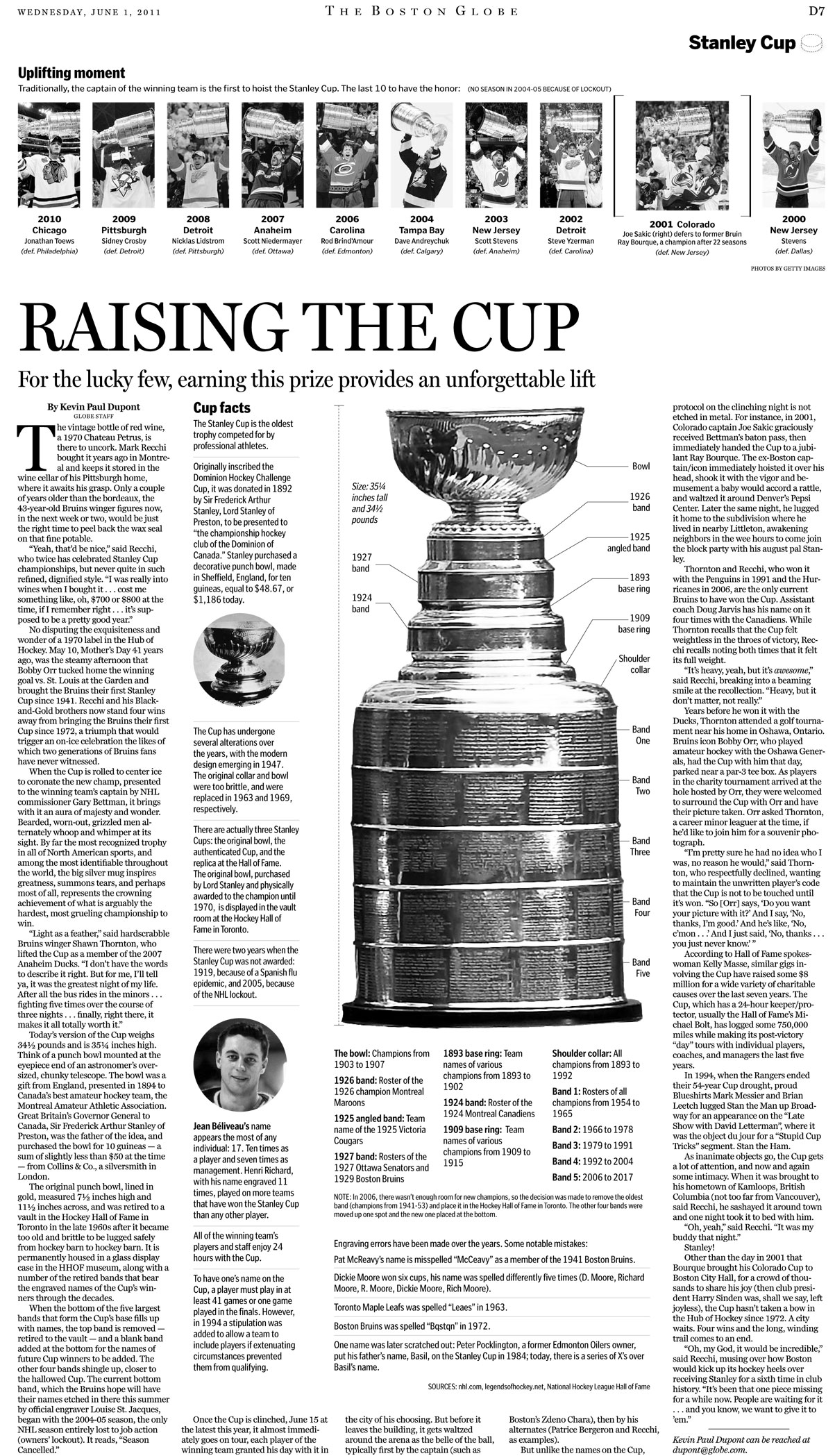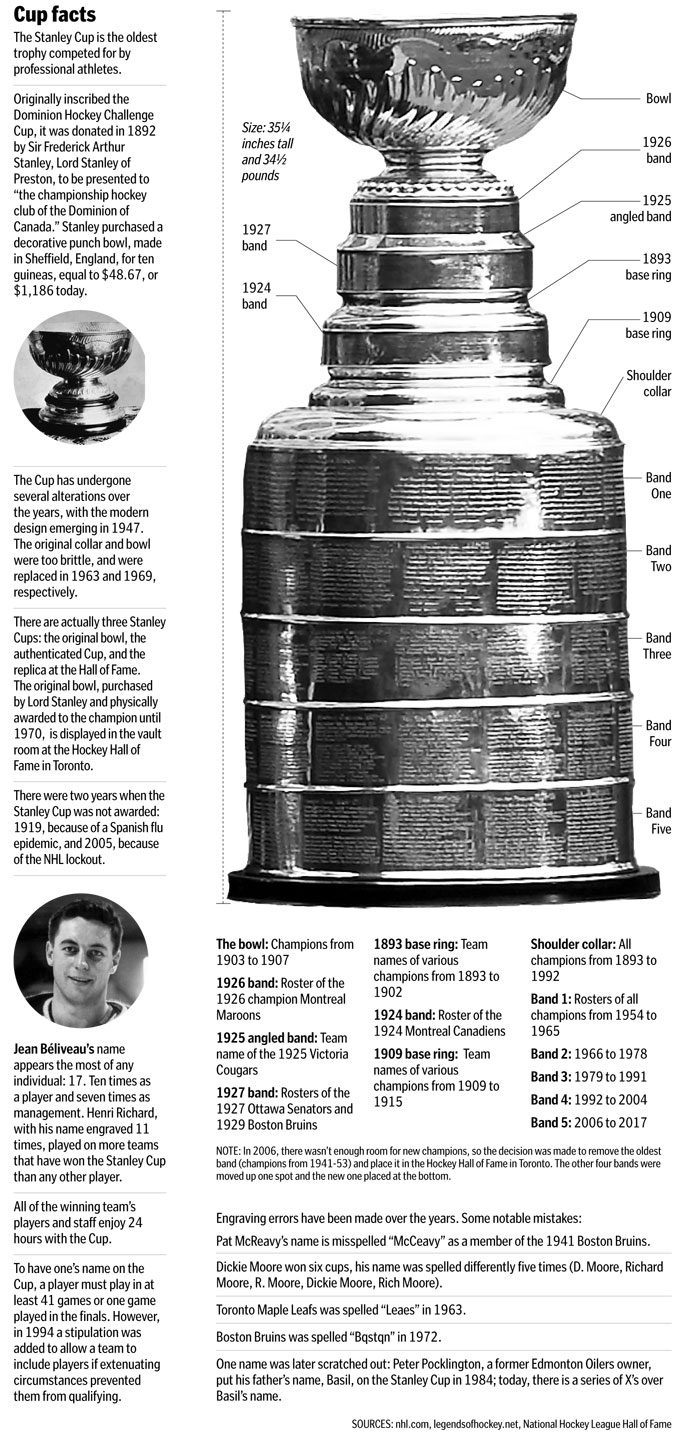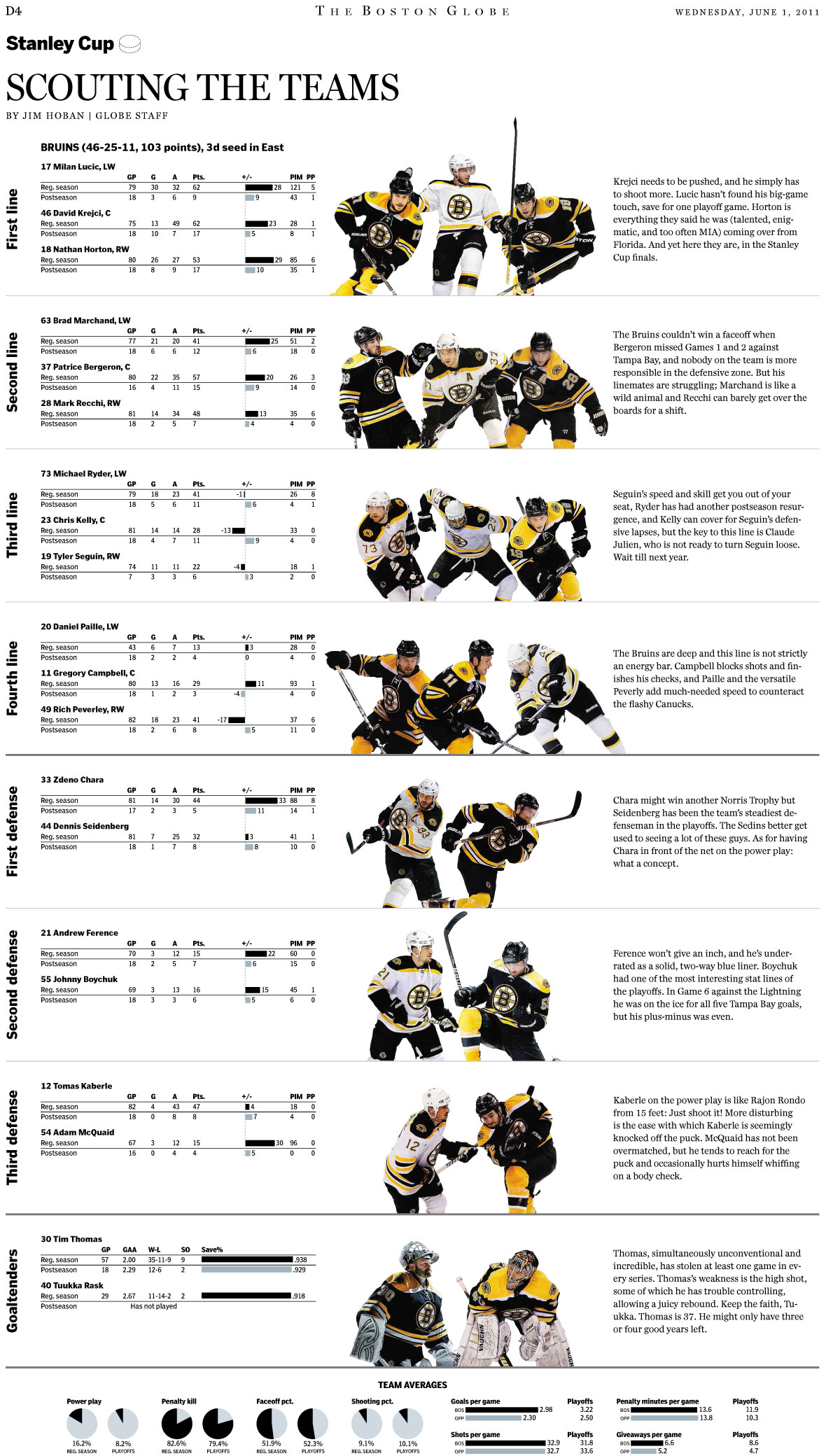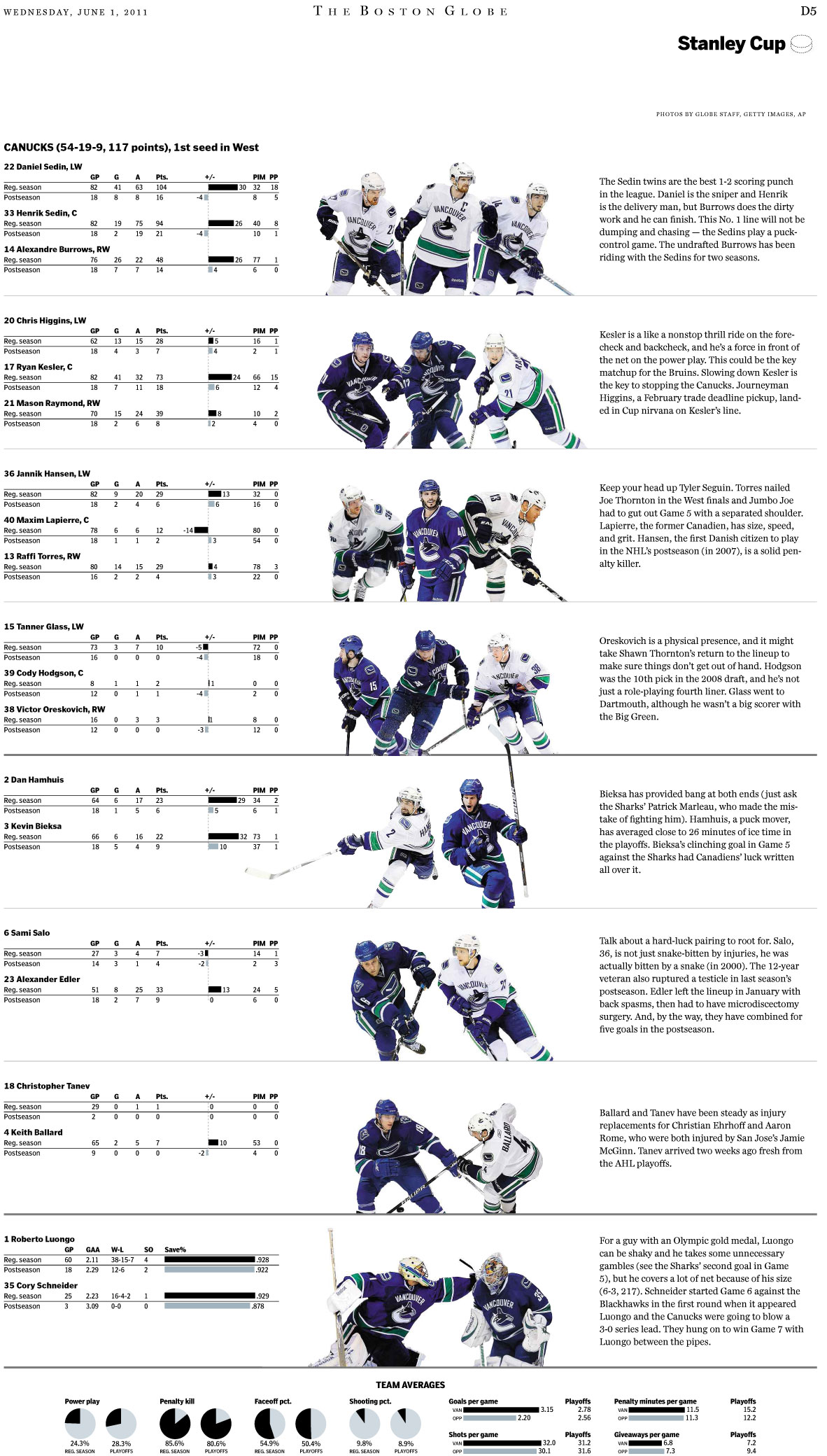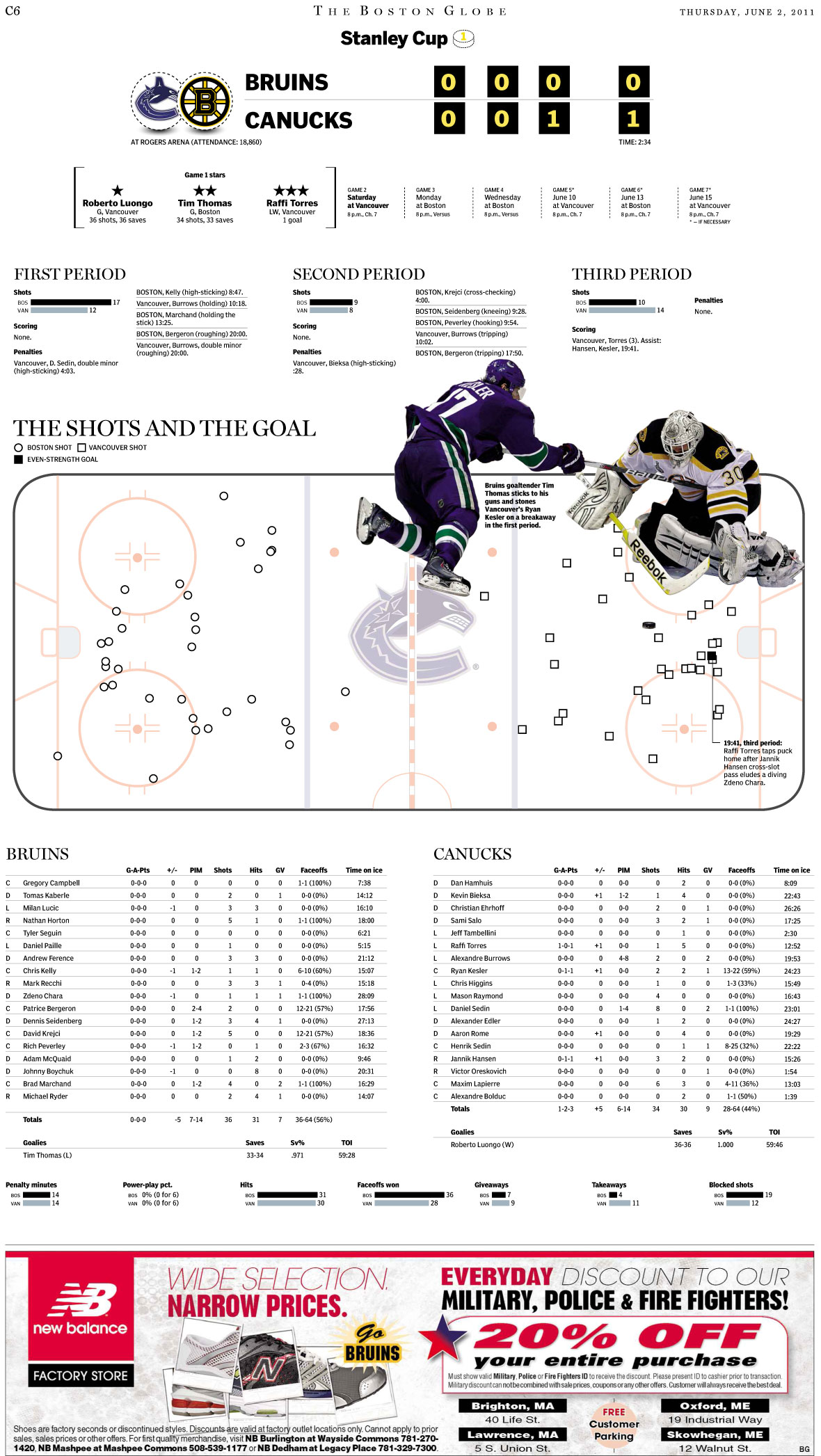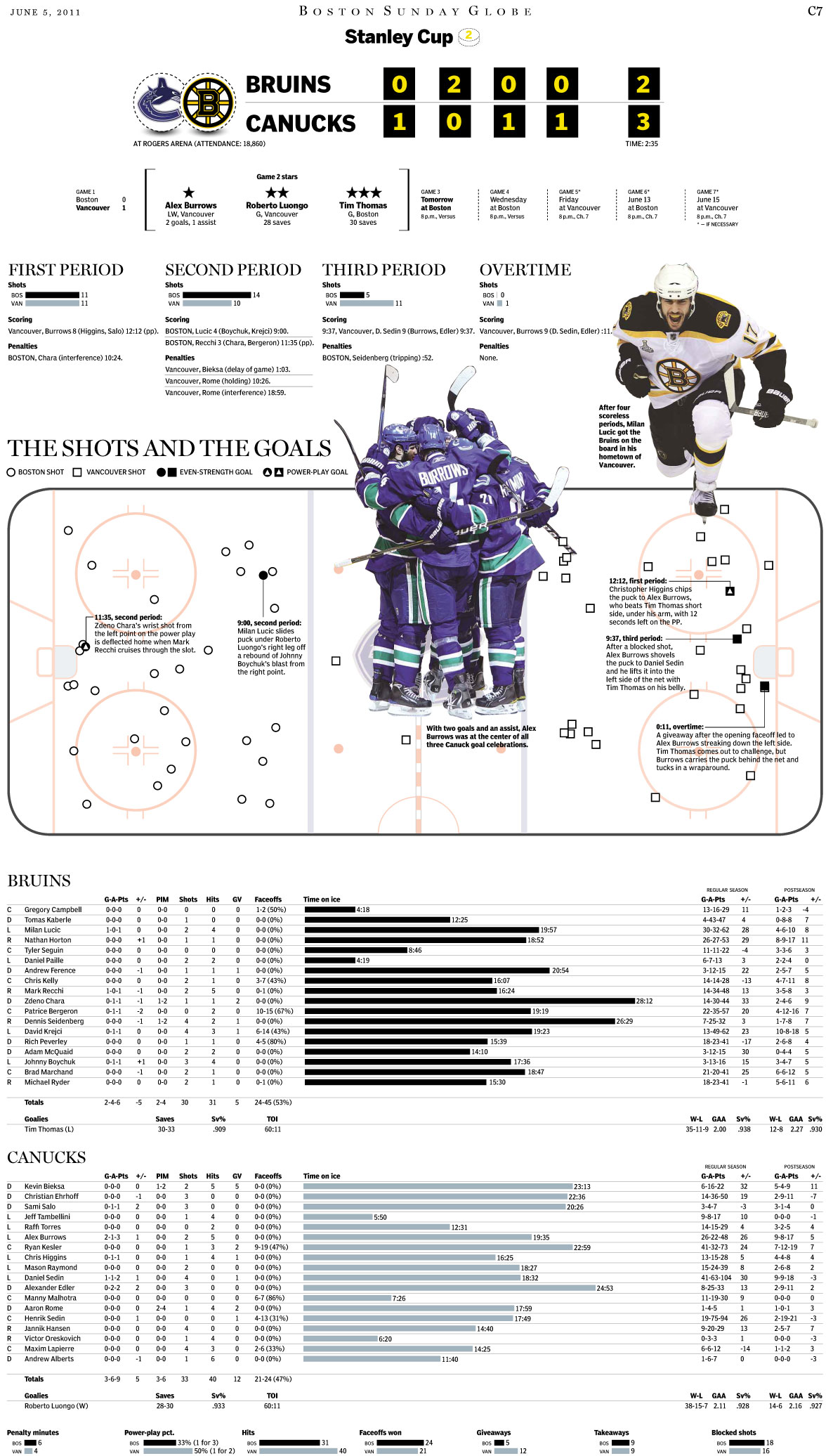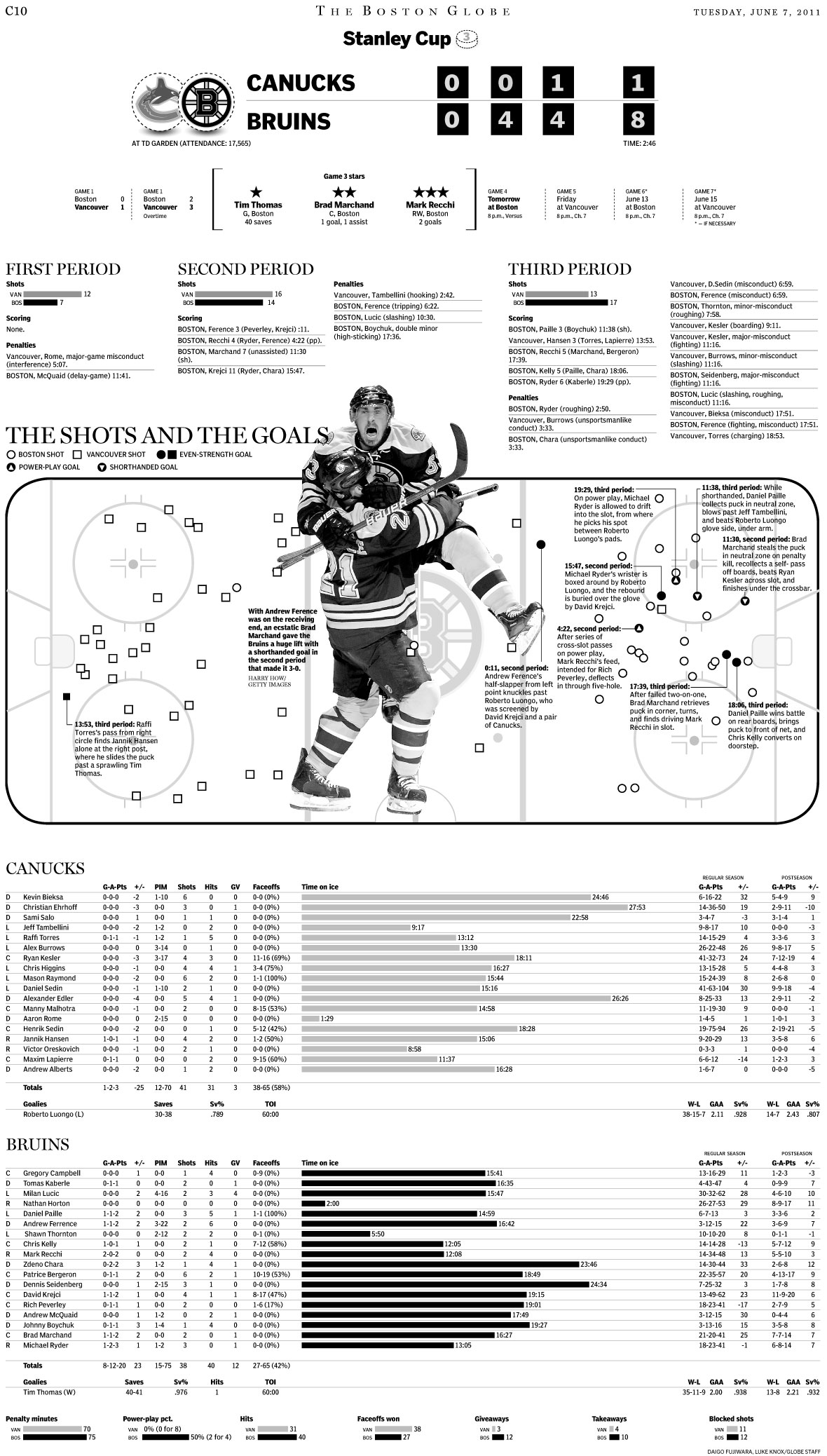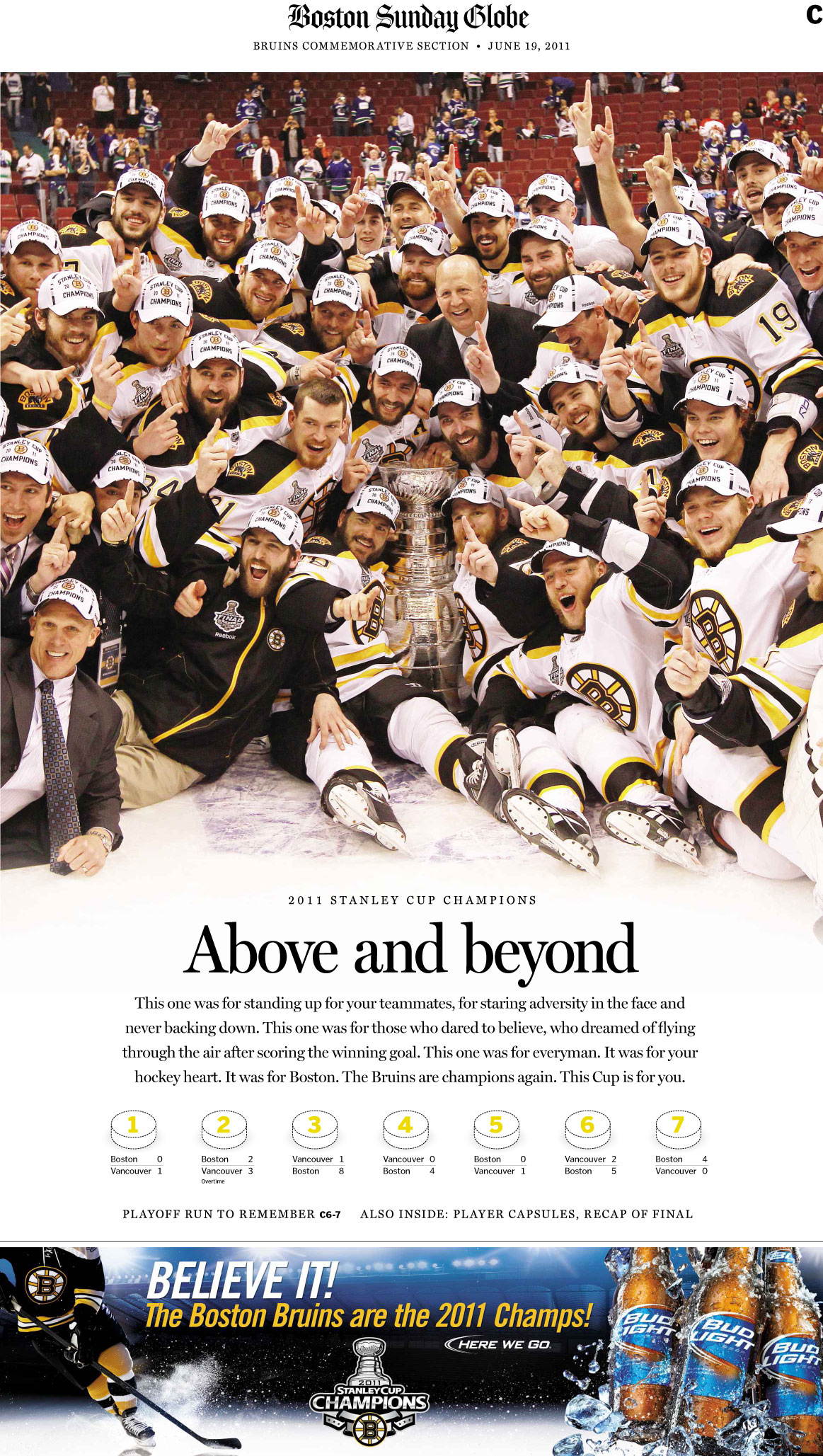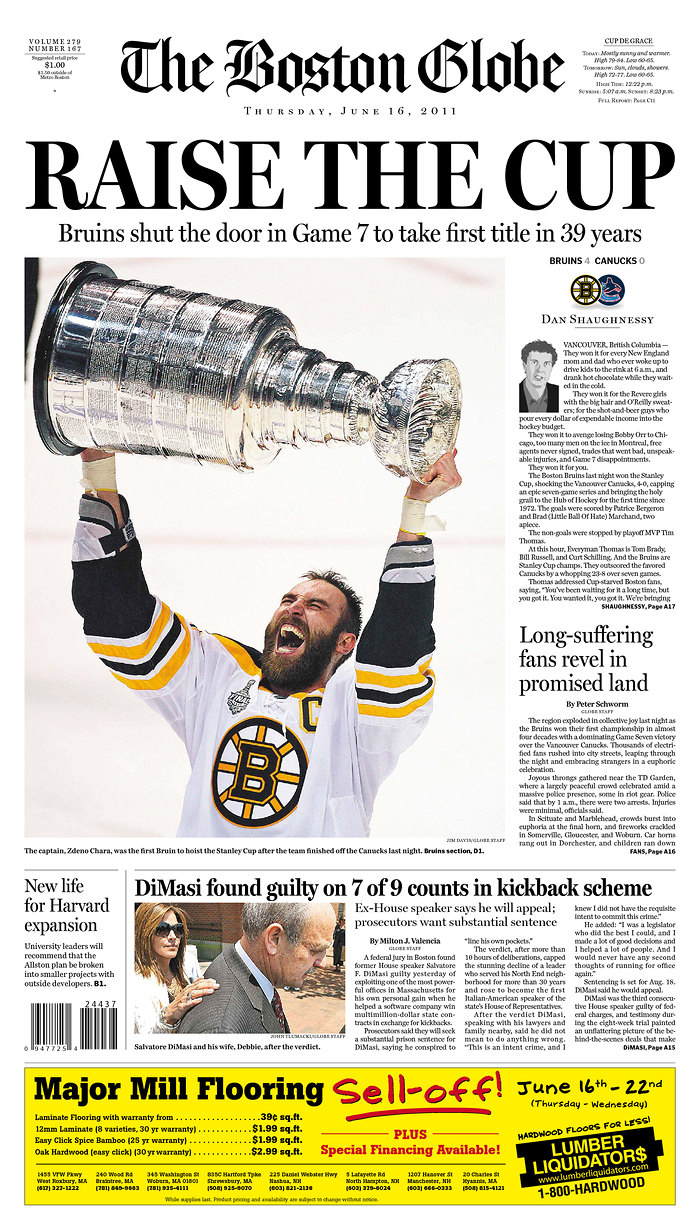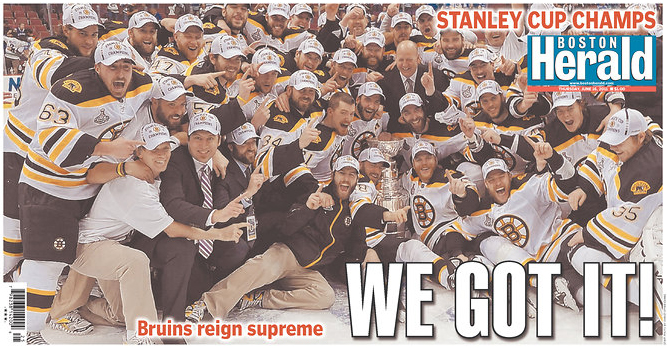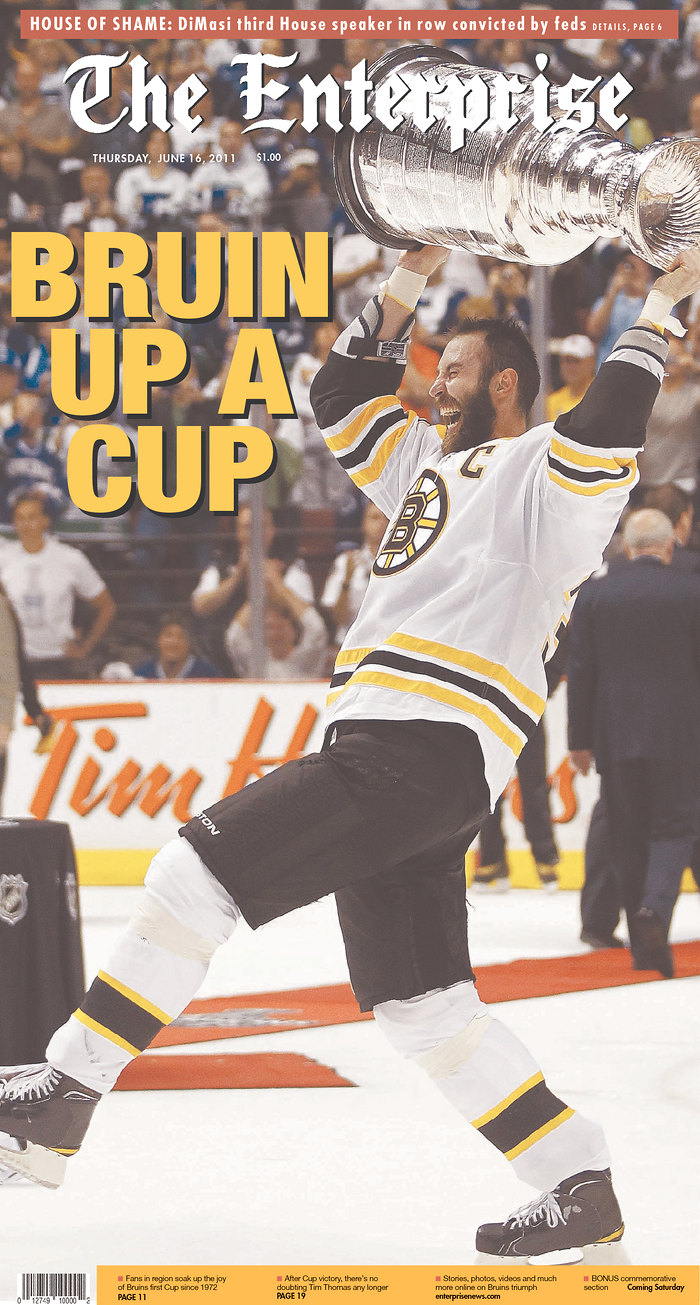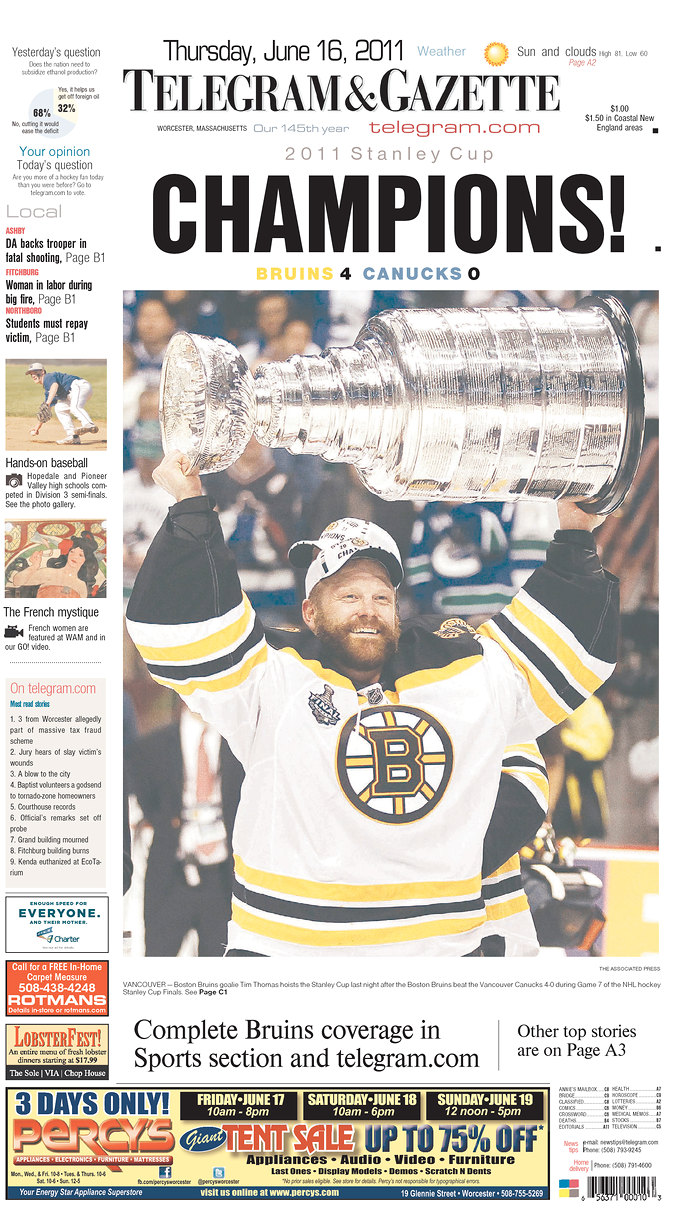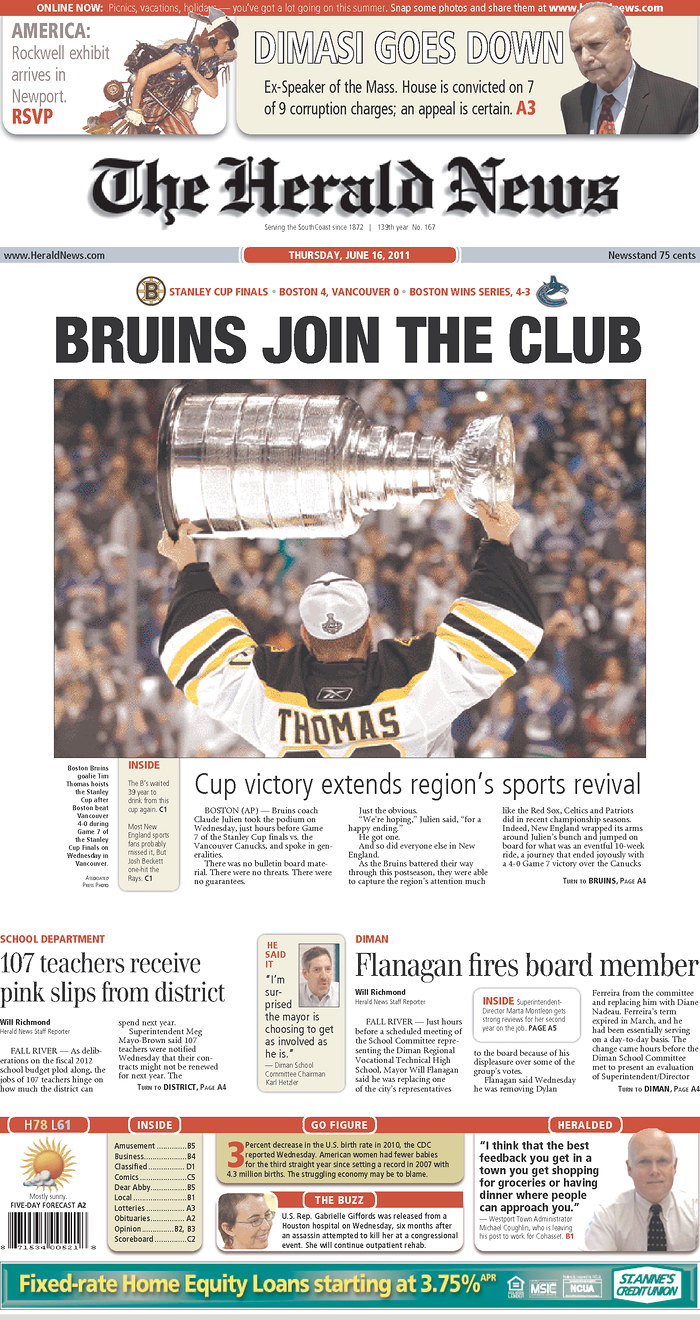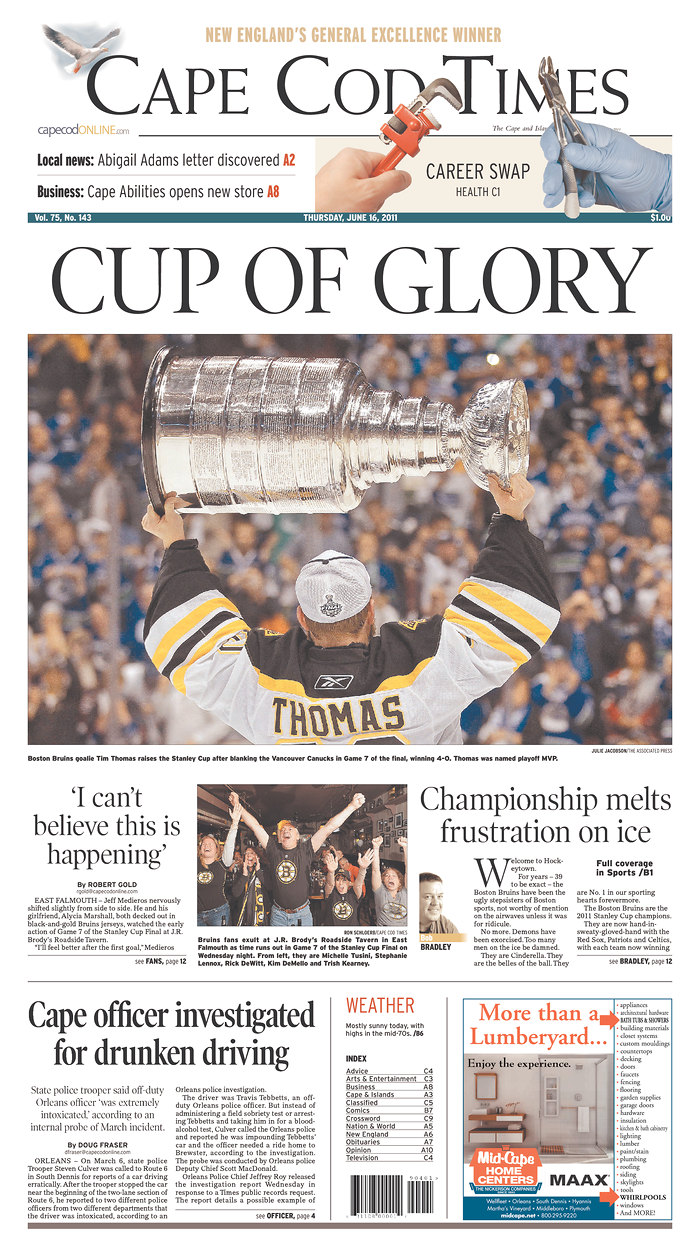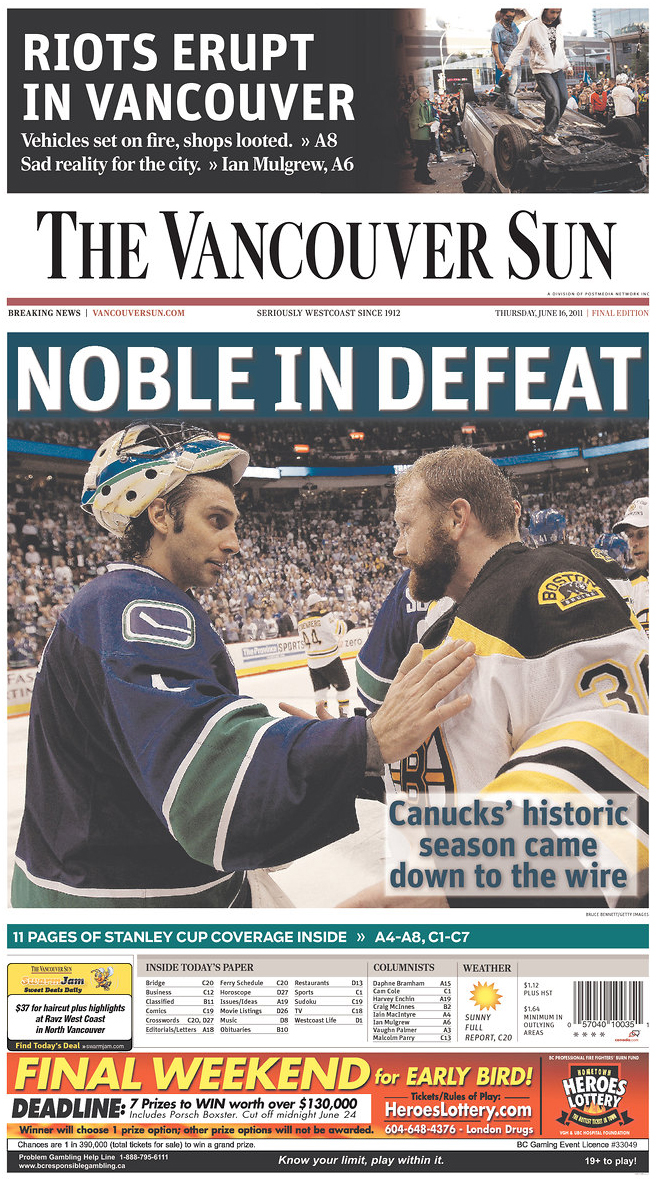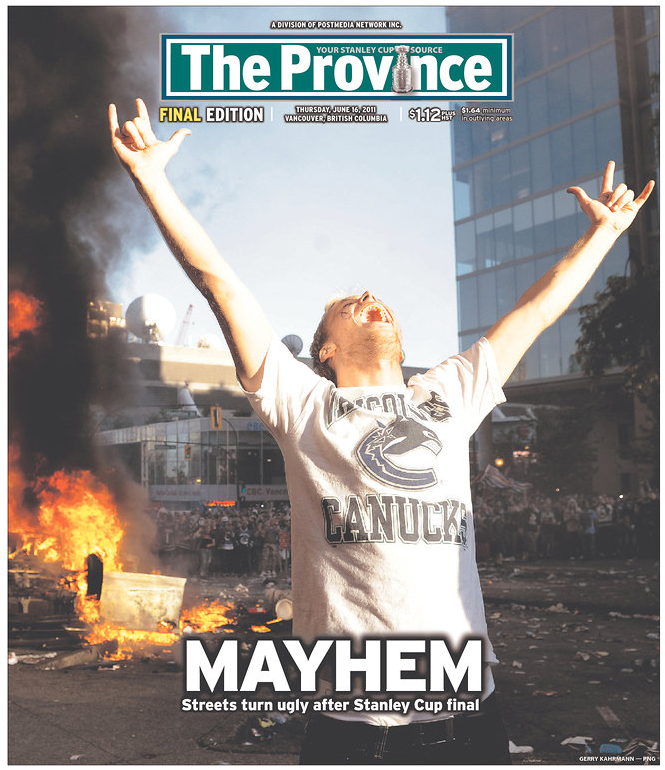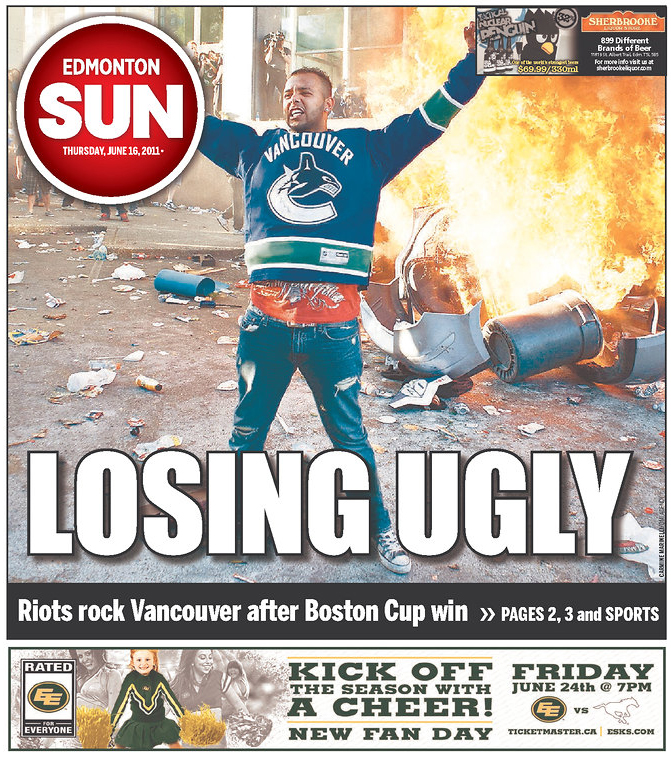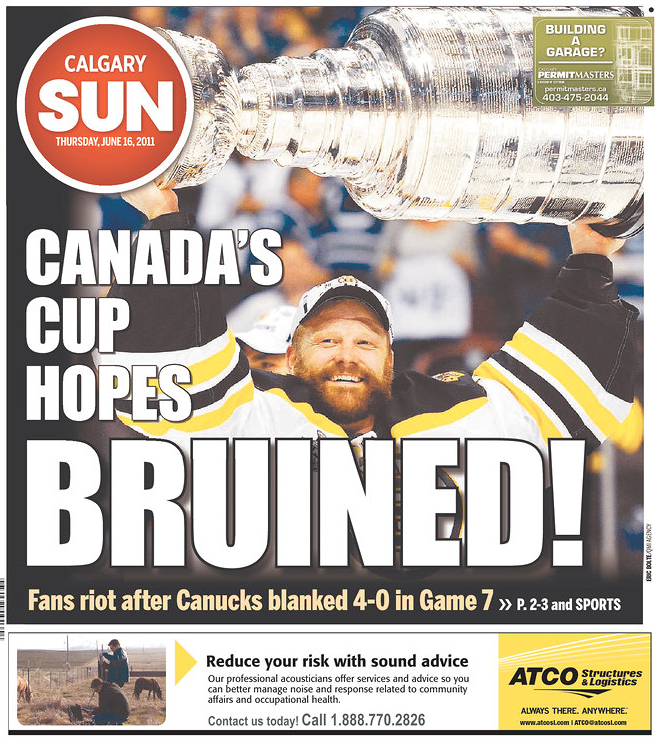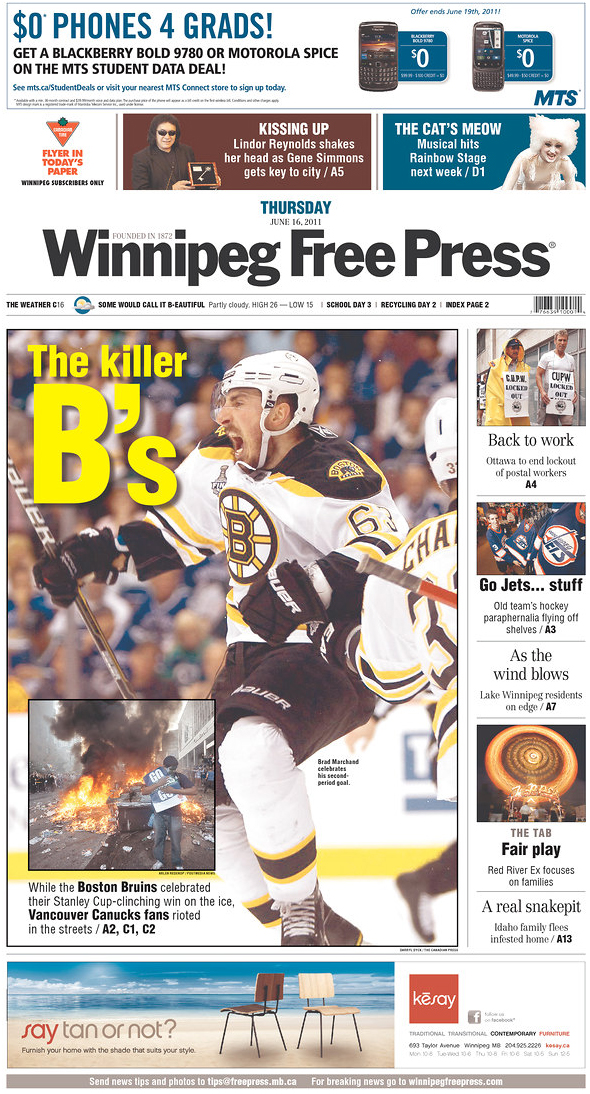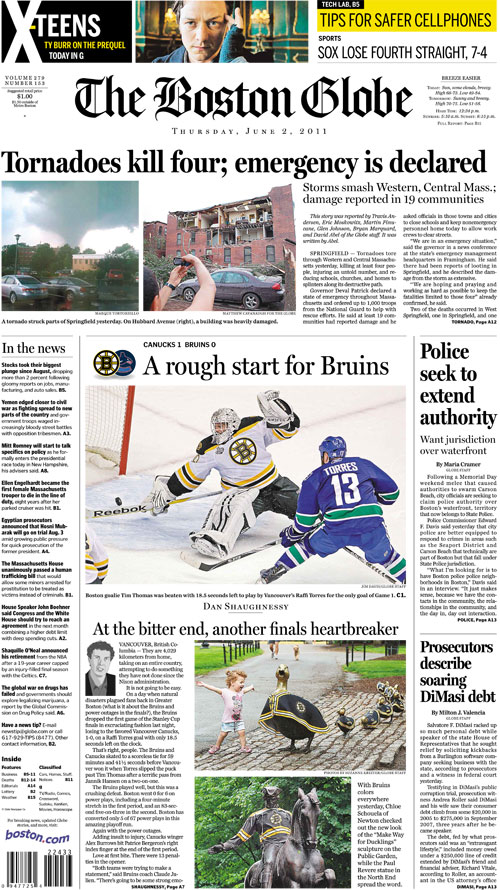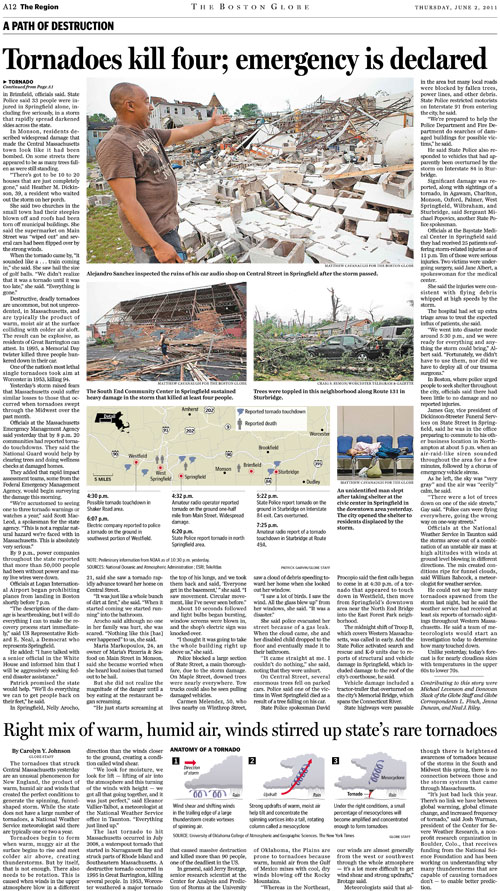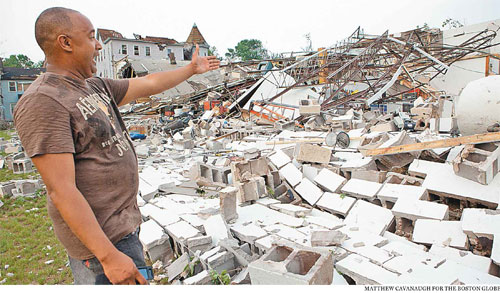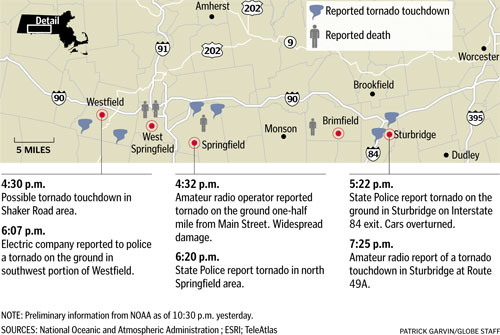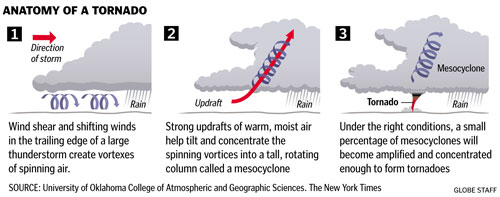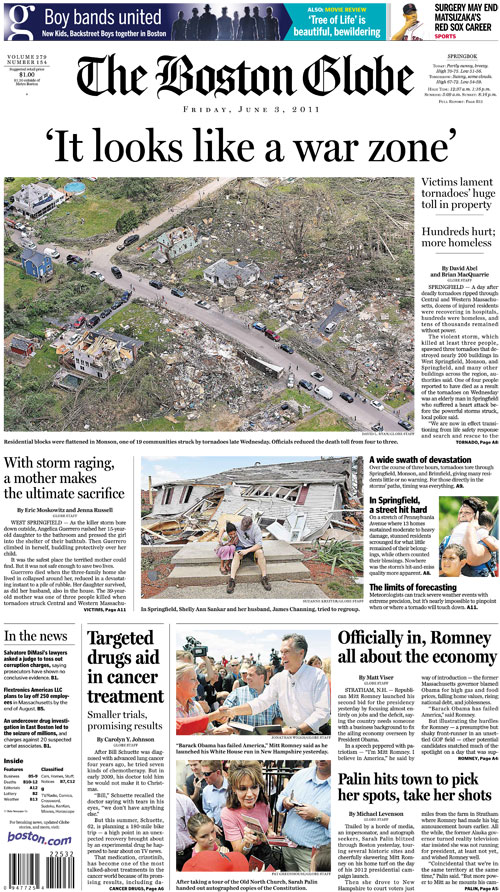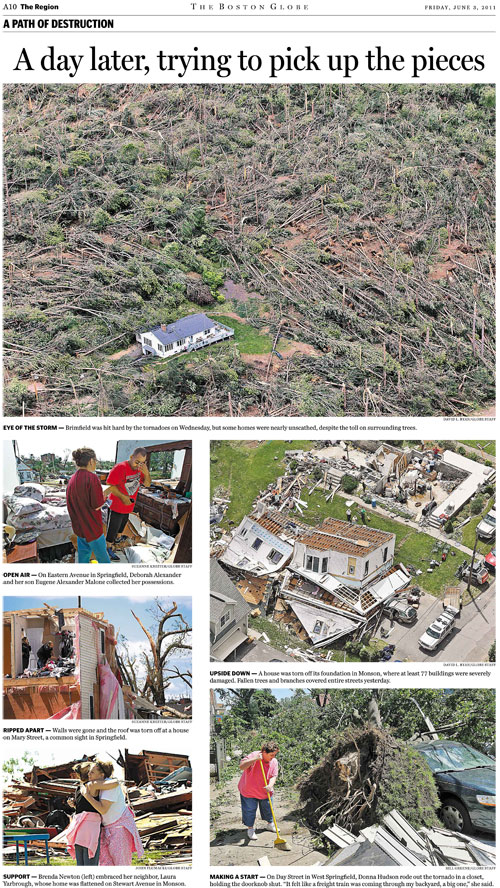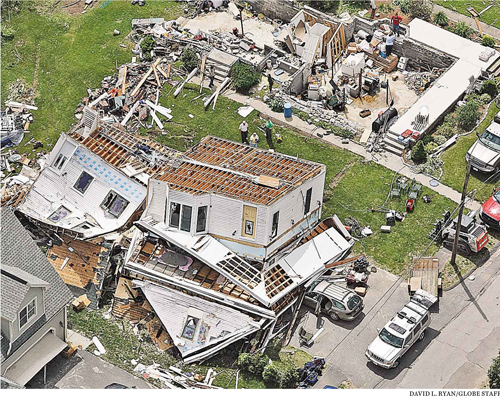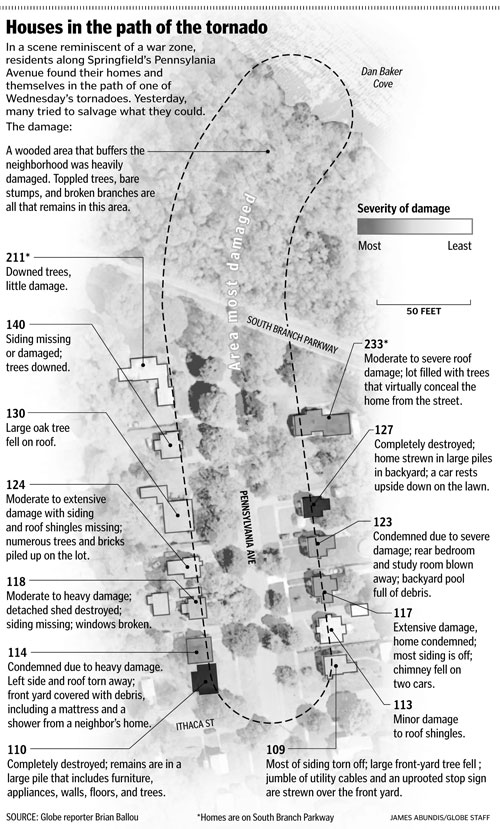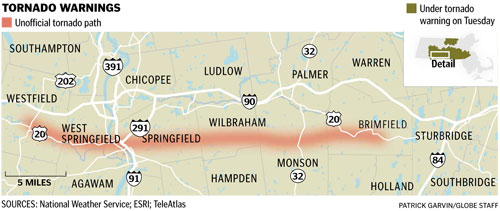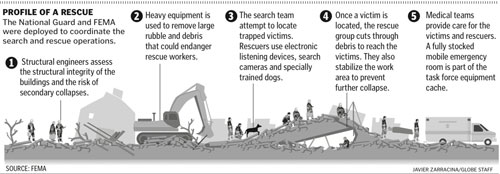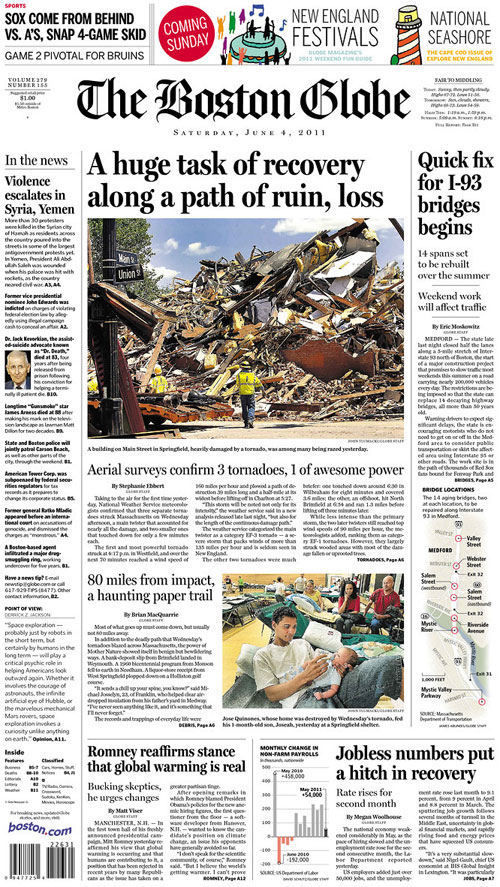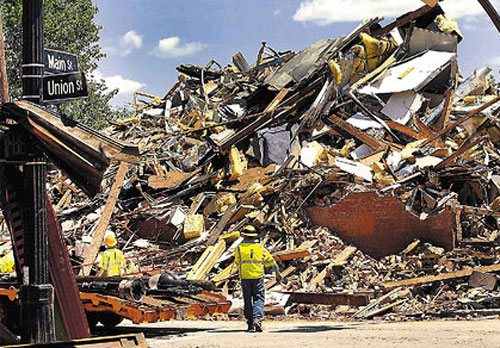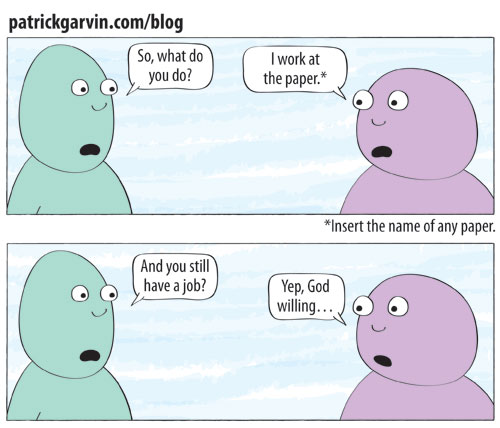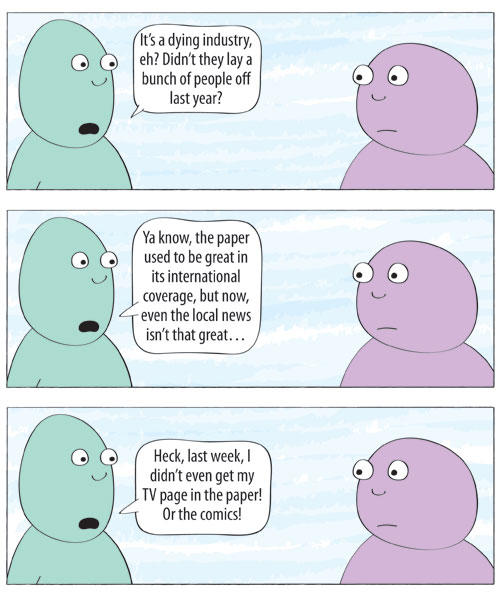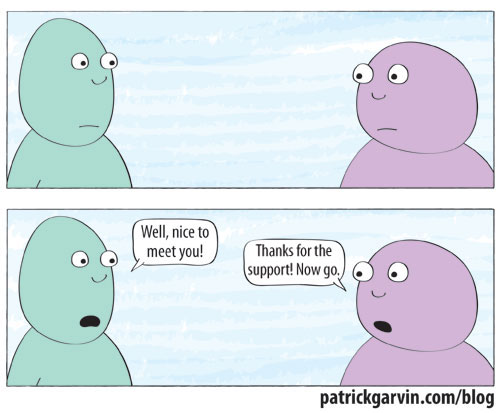The New York State Senate passing a bill allowing same-sex marriage was huge news, as was Governor Andrew Cuomo’s signing that bill into law later that night. Most New York papers gave that story big play on A1 on Saturday. Depending on which paper you saw, you either read that the bill allowed “same-sex marriage,” or that it allowed “gay marriage.”
I used to be a hardliner about using those terms in newspapers. I argued that “same-sex marriage” not presumptuous the way “gay marriage” was, and that it was more accurate. Here were my reasonings:
- “Same-sex” refers to the genders of the couples, rather than the orientations of the people in the couple. If a man marries a man, we know they’re a same-sex marriage. But we don’t know that they identify as gay. They might identify as bisexual. Or, they could identify as straight. Or one could be gay and one could be bi, or one could be straight and the other gay. That seems like a stretch, but it could legally happen. As far as I know, the states that allow same-sex marriage don’t use gay tests. In all of the U.S., a lesbian could marry a gay man, but many wouldn’t think that makes it a “straight” marriage.
- If a lesbian did marry a gay man, and thus both people were gay, could that be a “gay marriage”? Don’t say it can’t happen, because I know of at least two cases where it has happened.
- There’s no law against the marriage between two gay people. As stated above, a gay man could marry a lesbian. The law is that two people of the same sex can’t get married, but as far as I know, the law doesn’t say that two gay people of the same sex couldn’t get married. I think two straight men would find it just as hard to get married in Missouri as two gay men.
Now, it might seem I’m being pedantic and splitting hairs. I totally understand that, which is why I don’t really make a deal about it anymore when talking to people in casual conversation. In general, I think we’re lax in conversation in way that we probably shouldn’t be in print. In conversation, I can ask for a “Kleenex,” even if you don’t have Kleenex brand tissues, because it’s become acceptable in conversation to refer to all tissues as “Kleenex.” “Dumpster” is no longer specific to the company, but can mean any large metal trash receptacle. We know what we mean.
But in print, we still hold to those rules. Every copy editing professor I had in college made it a point that if you don’t know it’s a Kleenex, call it a tissue. If you don’t know it’s a Frisbee, it’s a flying disc. I had one professor tell me of a correction a paper had to write when a reporter referred to a man as “African-American” when the man was not American at all. “We don’t make assumptions,” another professor told me.
I would mention all of these points to copy editor friends, many of whom agreed with me. But one smart copy editor friend of mine said, “Yeah, but ‘gay marriage’ sometimes fits in a head spec better than ‘same-sex marriage.'”
Thus, her paper’s policy was to use “same-sex marriage” in all copy, but give latitude in case “gay marriage” fit better in the headline. I’ve not explored too many other papers’ policies, but I would not be surprised if other papers have that policy, too.
And for the publications that use both “same-sex marriage” and “gay marriage” in copy, is there a policy for when to use one and not the other? Or is it OK to just switch them so as to not repeat the same term? I’d be interested to hear what discussions have gone on in other newsrooms.
I won’t deny that this dissection of language might seem anal-retentive. But I was a copy editor. It was my job to think this way.

